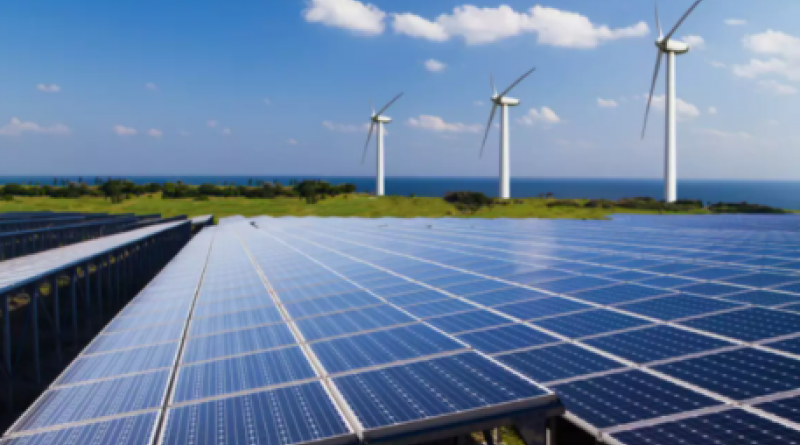Record 260 GW of new renewable energy capacity added in 2020: research

LONDON (Reuters) - A record 260 gigawatts (GW) of new renewable energy capacity was added worldwide in 2020, up 50% from the year before, the International Renewable Energy Agency (IRENA) said, as countries further reduced their reliance on fossil fuel power.
In its Renewable Capacity Statistics 2021 report, the agency said more than 80% of all new electricity capacity added last year was renewable, with solar and wind accounting for 91% of new renewables.
The rise in new capacity was partly because of the decommissioning of fossil fuel power generation in Europe, North America and in Armenia, Azerbaijan, Georgia, Russia and Turkey.
Total fossil fuel additions fell to 60 GW in 2020 from 64 GW the previous year.
“Costs are falling, clean tech markets are growing and never before have the benefits of the energy transition been so clear,” said IRENA director general Francesco La Camera
“This trend is unstoppable, but (...) there is a huge amount to be done,” he added.
Last month, IRENA said renewable power capacity will have to expand more than ten-fold by mid-century to avert catastrophic climate change.
China, already the world’s largest market for renewables, added 136 GW of renewables last year, while the United States installed 29 GW, IRENA said in its capacity statistics report.
Cumulatively, installed global renewable generation capacity amounted to 2,799 GW at the end of 2020, including hydropower.
The share of renewables in energy generation worldwide now stands at nearly 30%, according to the International Energy Agency and other sources.
Nations are switching from fossil fuels to renewables in an effort to meet the long-term goal, agreed under the 2015 Paris Agreement, of limiting a rise in average temperatures to below 2 degrees Celsius above pre-industrial levels. This would require countries to reach net zero carbon emissions by 2050.
Reporting by Nina Chestney; Editing by Gareth Jones
6 April 2021
Reuters





